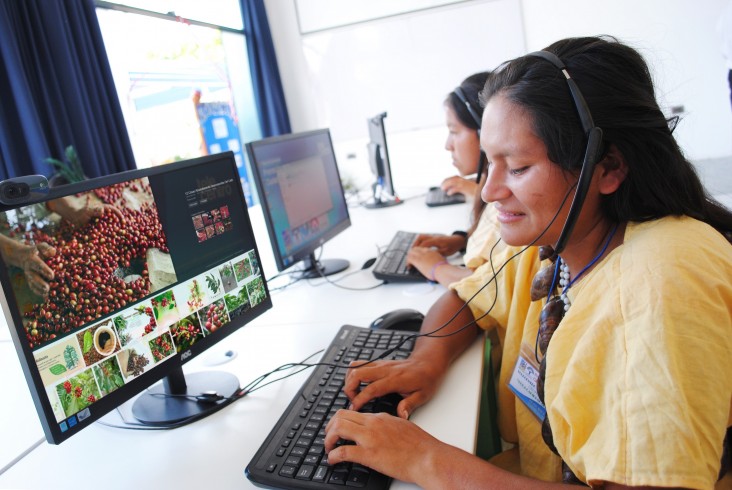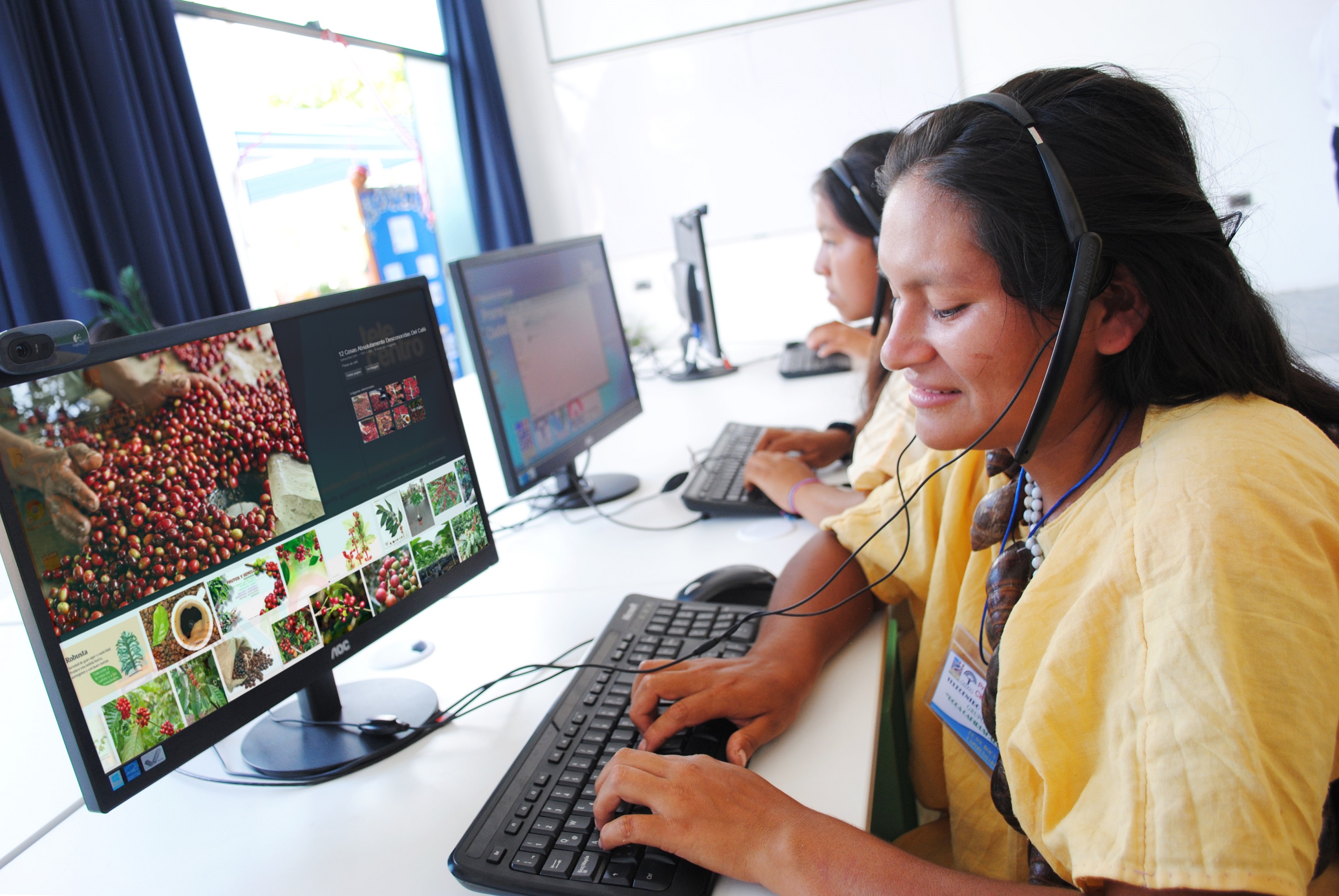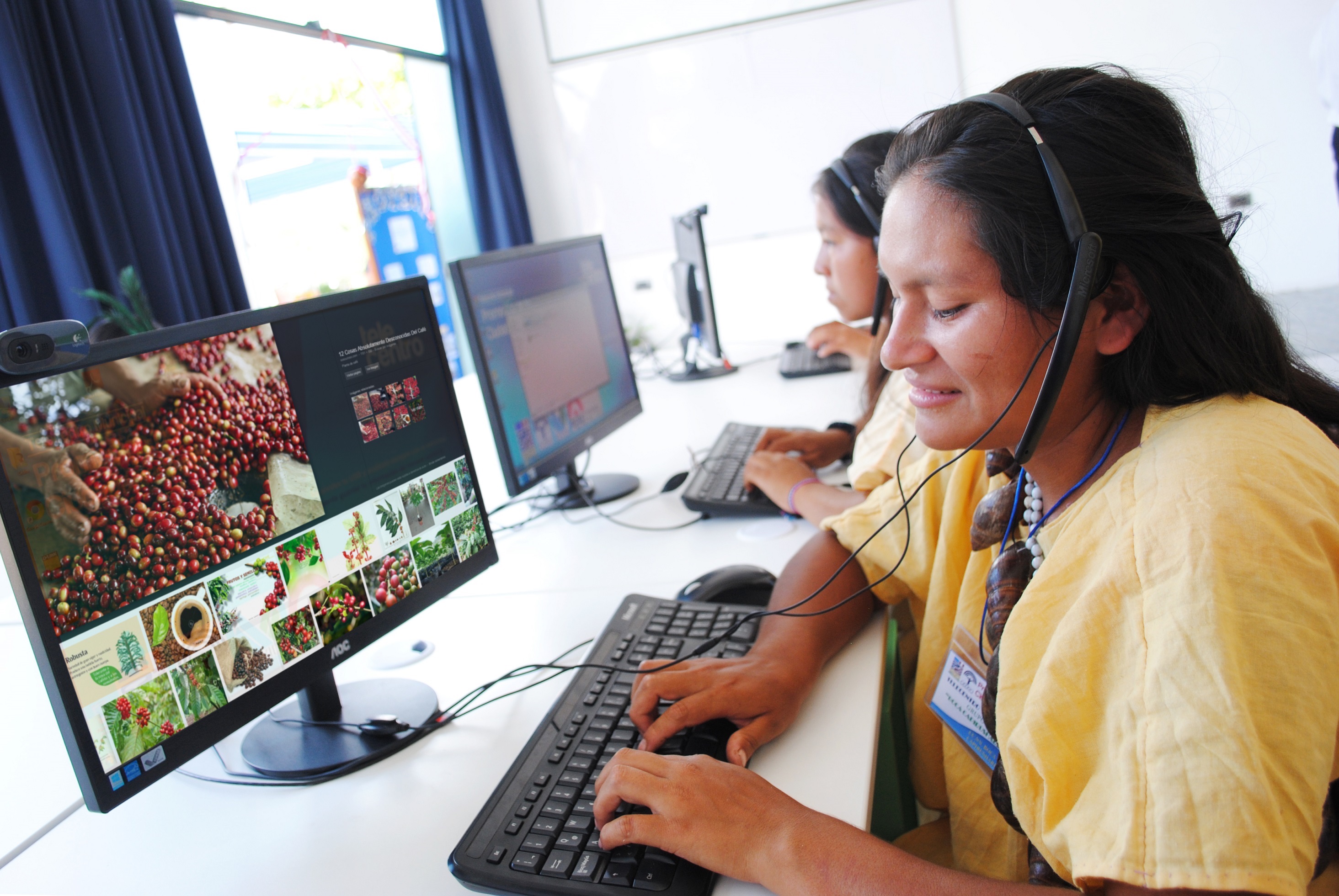Speeches Shim

Mitigate the adverse social and economic impacts of COVID-19 on vulnerable populations in Peru, particularly within indigenous communities in the Peruvian Amazon is critical. USAID and the Alliance support the Government of Peru to adequately respond to COVID- 19 crisis, particularly in under-resourced Amazon regions of Peru.
This activity seeks to reduce the impacts of the disease through an approach that integrates communication for behavior change / social change and the active participation of the organized community.
Likewise, orientation, counseling and emotional containment services will be provided to the most vulnerable populations, and economic recovery initiatives will be supported for families living in communities in priority geographic areas, taking into account their needs and idiosyncrasies.
HOW DOES THE ACTIVITY WORK?
The Alliance with USAID will support the Government of Peru’s response to COVID-19 through: 1) the implementation of a risk communication and community engagement strategy in native communities in the Peruvian Amazon with health messaging and/or social support; 2) the expansion of psychosocial services in priority Amazon areas, including training for mental health professionals to help conduct consultations; and 3) financial education and assistance for people and micro, small, and medium sized businesses (MSMEs), helping them access loans from microfinance institutions.
RESULTS EXPECTED
-
80% of target population exposed to messages will recognize the risks of COVID-19
-
40% of target population will implement COVID-19 prevention measures
-
30 media outlets will get involved and mobilize 150 community health promoters to reach at least 400,000 people in the Peruvian Amazon with health messaging and/or social support
-
630 mental health professionals will help conduct at least 6,000 mental health consultations
-
4,000 people and 400 micro, small and medium sized businesses (MSMEs) will receive financial education and access to 2,000 new loans from microfinance institutions
ALLIANCE FOR THE AMAZON AGAINST COVID-19 ![]() (pdf - 1 MB)
(pdf - 1 MB)
ALIANZA POR LA AMAZONIA FRENTE AL COVID-19 ![]() (pdf - 1 MB)
(pdf - 1 MB)



Comment
Make a general inquiry or suggest an improvement.